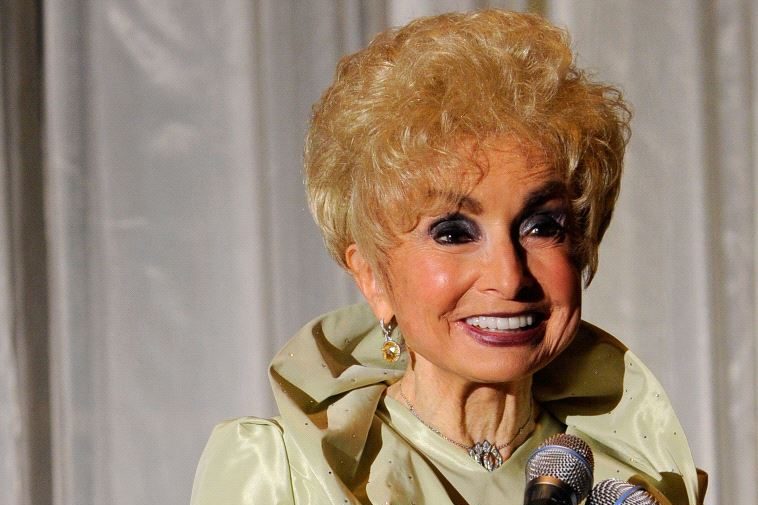Our pleasant stay in Israel was interrupted earlier this week by the news of the demise of Rebbetzin Esther Jungreis zt”l. I use the abbreviation for “zecher tzadekes livracha” advisedly, because she was indeed a “tzadekes.” She founded Hineni and stood at the forefront of the outreach movement long before it became popular and long before “kiruv” became a household word.
 I had the privilege of speaking from the same podium as Rebbetzin Jungreis on numerous occasions. She was a tough act to follow. Her speeches were typically emotional but had firm grounding in Torah sources, in her amazing repertoire of Chassidic anecdotes, and in the personal relationships she had with her distinguished family. I will never forget her passionate plea to an audience of educators to “cease the heinous and indefensible practice of expelling unruly students—yiddishe kinderlach—from our classrooms and schools.”
I had the privilege of speaking from the same podium as Rebbetzin Jungreis on numerous occasions. She was a tough act to follow. Her speeches were typically emotional but had firm grounding in Torah sources, in her amazing repertoire of Chassidic anecdotes, and in the personal relationships she had with her distinguished family. I will never forget her passionate plea to an audience of educators to “cease the heinous and indefensible practice of expelling unruly students—yiddishe kinderlach—from our classrooms and schools.”
She was a Holocaust survivor who often spoke about the Holocaust and the challenges of spiritual survival. She was an inspiration to thousands of Jewish individuals in search of authentic Jewish spirituality. Her devotion to chesed and helping others matched her brilliant, often fiery, lectures and speeches.
Just a few years ago, Chavi and I spent Pesach at the same resort as the Rebbetzin and her family. On that occasion, I had the opportunity to become better acquainted with her on a personal level. I was impressed with her broad range of knowledge, her awareness of and sensitivity to the challenges that face the Orthodox Jewish community, and her positive attitude to those challenges. She was an optimist beyond belief and was able to avoid machlokes and criticism in a most gentle and noble manner.
She never resorted to the use of the newly devised rabbinic titles which are in vogue among some contemporary women seeking religious validity. She never needed to because her ability to convey profound and genuine Torah lessons with authority was all she needed to gain credibility and legitimacy. She was proud of her femininity and always dressed modestly but fashionably. As she told me that Pesach, the titles she was most proud of were “’Mother’ and ’Grandmother’. These titles were good enough for Sarah and Rivka and Rachel and Leah,” she said. “Why are they not good enough for today’s woman?!”
Some years ago, the Rebbetzin and I were invited, along with some other Jewish leaders with conservative political views, to a meeting with Senator Bill Frist of Tennessee. He was then the majority leader of the United States Senate and a serious candidate for the Republican nomination for President, to succeed George W. Bush. That entire evening calls for a long description, but suffice it to say that the Rebbetzin was the star of the show. She eloquently and movingly spoke of her appreciation of our great democracy and explained how honored she felt, as an immigrant and refugee, to be standing at the epicenter of the American government, in the office of the majority leader, which then stood in a section of the Capitol that was not destroyed by the British in 1812.
When Senator Frist asked her to say grace, she honored me with recital of the bracha but reserved for herself the privilege to, in her own words, thank God for the religious liberty that Jews, and all others, enjoy in the United States of America. At that moment, just as after every one of her public addresses, there was not a dry eye in the house. I am confident that there will be no dry eyes among all those who recall, now or in the future, her gracious and inspiring presence. May her memory be a blessing.
The words of this author reflect his/her own opinions and do not necessarily represent the official position of the Orthodox Union.

